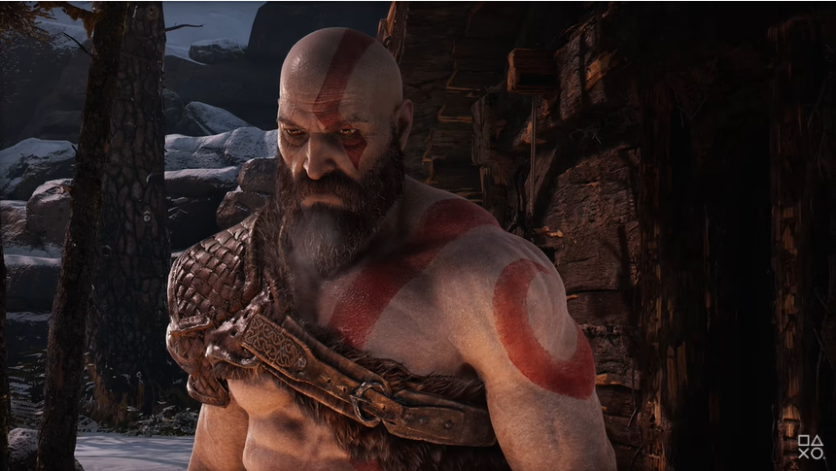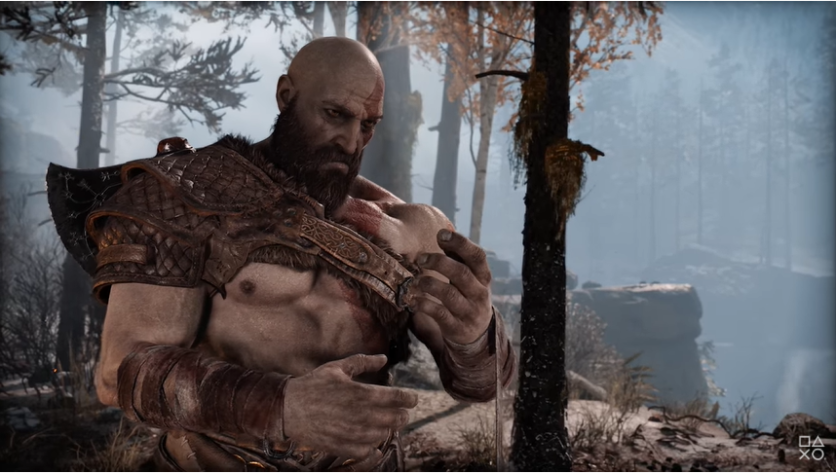For all gamers of the famous action-adventure game series God of War, here's news for you. Kratos has issues; that's why he's like that-- based on the creator himself David Jaffe.
Kratos is not misogynist; he just needs love says God of War creator

David Jaffe-- creator of God of War-- recently released his much-awaited answer from all rumors and articles claiming Kratos' character as a misogynist or a character that has a hatred for women or girls.
He defended his main lead and said that he did not create Kratos to show hatred for women. Kratos has a broken character.
According to a report on the Screen Rant website, God of War is just one of the thousand video games that answer a lot of controversies due to its huge number of violence, sexual content, and purely censored theme. One major rumor about the game is that Kratos is a misogynist character.
This claim is now debunked by the developer himself, David Jaffe. He clarified on his tweet that he is already sick of all articles claiming that Kratos just hate women and thinks of them as an only sex tool.
I must continually state that Kratos was NEVER a misogynist in GOD OF WAR 1. Like AT ALL. And it pisses me off 'journalists' continue to retcon that game in order to justify the thesis of their GOD OF WAR 2018 stories. https://t.co/HEhrwiHoX8 via @inversedotcom — David Scott Jaffe (@davidscottjaffe) March 27, 2020
On his follow-up tweet, Jaffe also reiterated that the sex scenes between his characters, just like Kratos and women, are always consensual. He also despises articles claiming that he created a character showing his hatred to women, which he does not have.
"I would never make a game suggesting that women are not to be trusted or liked or respected," Jaffe said, shortly before adding a screenshot of the dictionary definition of misogyny to his feed. "That's not who I am, and I would never put my heart and soul into a work like that."
Nah, that's just good, old fashioned, healthy sex, sir.
Some men these days seem to have gotten the joy of raw, animalistic (and ALWAYS consensual, which this was) sex confused with hating women. Newsflash: they are nowhere NEAR related. https://t.co/pbzLdyFEC2 — David Scott Jaffe (@davidscottjaffe) March 27, 2020
What's behind God of War Kratos' character?

A lot of gamers of God of War already said that Kratos has a deeper story compared to what most people believed in.
Polygon published an article saying that Kratos is way different from his character in PS2 and his 2018 character. "In 2018's God of War, he retains his skills as a warrior but is now a father whose gruff, tough-love approach to parenting belies a touching capacity for love and tenderness toward his son, and deep grief for his late wife," writes Polygon writer Colin Campbell.
ⓒ 2026 TECHTIMES.com All rights reserved. Do not reproduce without permission.




